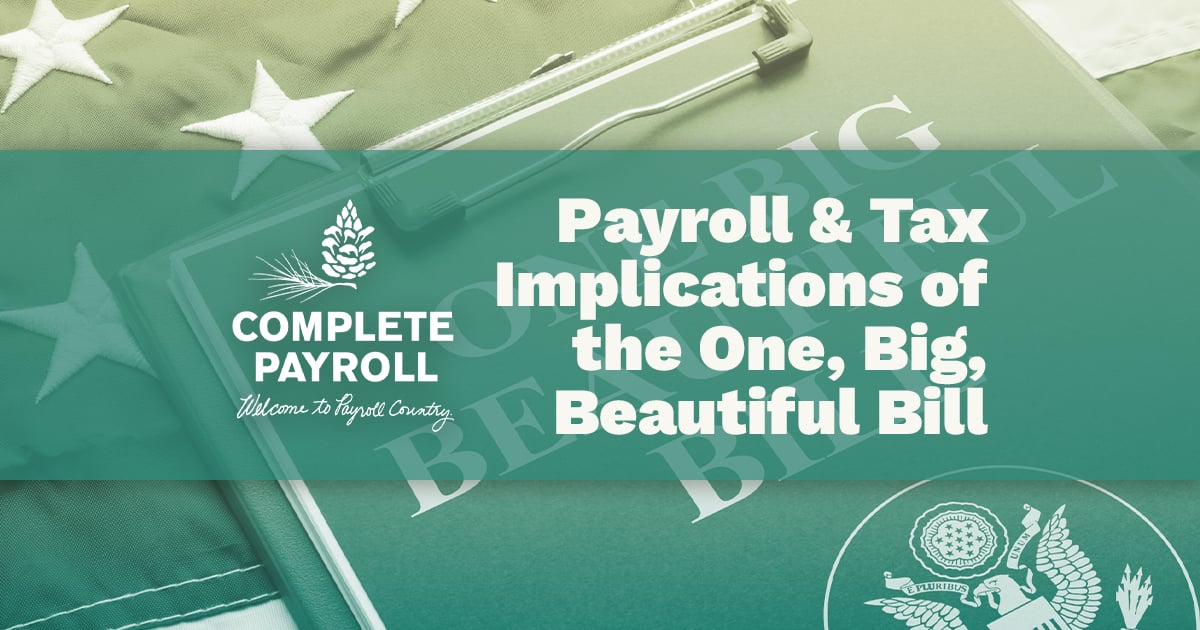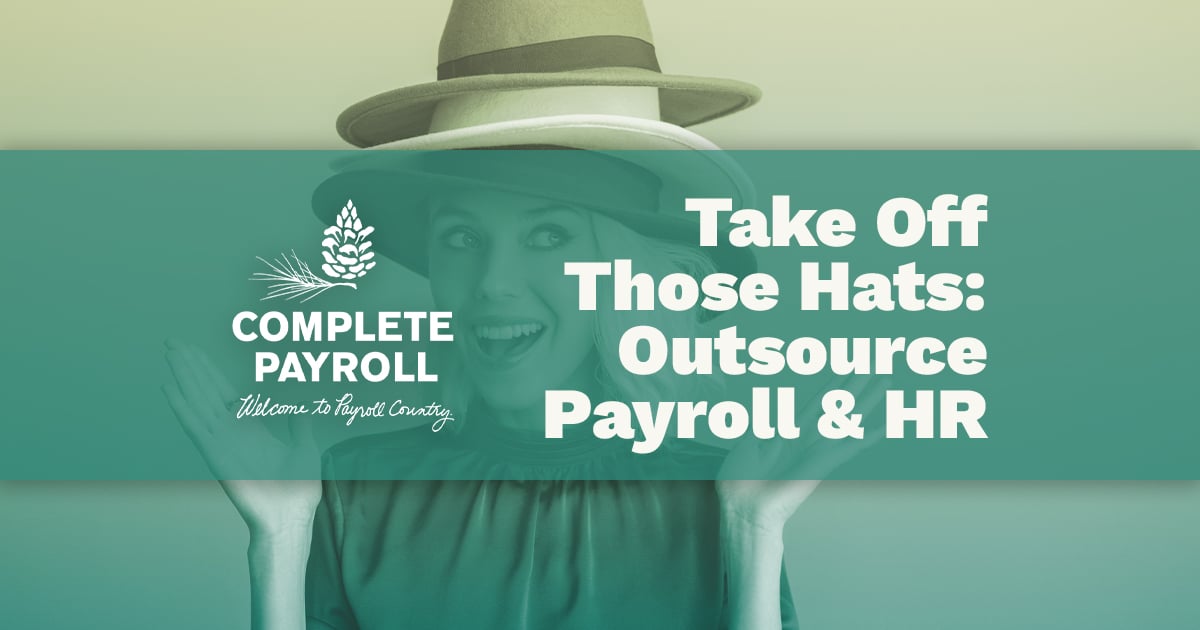If you’ve ever accidentally made a mistake, small or major, on payroll, don't worry; you’re not alone. Whether this is your first time running payroll or you’ve been doing it for years, it’s still easy to forget about one of these essential payroll requirements.
Keep in mind that the end of the year at a company is always a busy, often hectic, time.
Consulting a payroll specialist can help your company navigate through the new year. Avoid these seven end-of-year payroll mistakes and find payroll error solutions.
Don’t Misclassify Your Employees Or Contractors
One of the biggest and most common mistakes that employers make is how they classify their employees and independent contractors. As an employer, it’s your responsibility to ensure that each individual who performs work for your company is accurately classified. It’s important to correctly determine this, as their tax form and withholdings legally depend on it.
W-2 Employee
There are two types of individuals who may work for you: a traditional W-2 employee or a 1099 contractor.
A W-2 employee is one who is fully employed by your company. This is a permanent employee whom you hired, paid wages to, offered work benefits to, and had taxes withheld from their paycheck.
1099 Independent Contractor
In contrast, a 1099 independent contractor is an individual who typically has their own agency and is contracted out for freelance work. These contractors may be hired for a determined amount of time, such as a few months, or for a specific project. These individuals are not actual employees of yours and therefore aren’t eligible for any tax withholdings or benefits from you.
It’s important to accurately differentiate these two. Remember, a permanent employee of your company receives a W-2 at the end of the year, while an independent contractor receives a 1099 tax form.
Not Distributing W-2s And 1099s On Time
Be aware of federal deadlines for distributing and sending out end-of-year tax forms.
As an employer, you are legally required to send out all W-2s and 1099s to individuals by January 31st. This isn’t just a recommended date; all employers are required by law to distribute tax forms no later than this date.
If you are unsure of whether or not a contractor should receive a 1099 for only a small project, note that any individual who’s done contracted work for you totaling over $600 is legally required to send them a 1099.
Poor Record-Keeping
Not keeping accurate records of your company’s earnings, employee wages, or employee overtime hours is a crucial mistake to make. Keeping accurate and precise records of each of these categories throughout the year will help avoid any confusion regarding these issues at the end of the year.
Ensure accuracy and precision when entering data and employee information, such as social security numbers, personal details, and work hours. Consider implementing new software or processes to maintain accurate records in your everyday operations.
Not Being Updated On Tax Rates
Certain tax rates change every year, so it’s important that you double-check every tax rate at the end of each year to ensure accuracy. If you miscalculate these rates, not only will you have to make up the difference, but there are also penalties you’ll have to pay, such as late fees and interest.
One of the best payroll compliance tips we can give you to avoid this is to double check tax rates to view changes in taxes such as federal income tax, federal unemployment tax (FUTA), local income tax, state income tax, and state unemployment tax (SUTA).
These are all required taxes that employers must pay annually. Checking these rates at the end of each year will ensure your company is compliant and will avoid unwanted end-of-year payroll mistakes.
Miscalculating Pay
Whether you’re dealing with employees who are salaried or hourly, wage miscalculation can happen if you’re not careful. This isn’t just an end-of-year payroll mistake to avoid—this is a crucial mistake to avoid every pay period.
The most common wage mistakes to avoid include deducting the incorrect tax or benefit amount from employees' paychecks, overpaying or underpaying employees, paying improper leave, or unintentionally missing a new hire’s first paycheck.
It’s important that you carefully track all new hire start dates, wages, overtime, and additional tax deductions so as to avoid a serious pay mistake regarding employees. Pay careful attention to the hours and rate of each employee; if one of these aspects is off, then your whole payroll will be off.
Using payroll software helps with accuracy, as it keeps detailed records and also eliminates human error. Keeping careful records and double-checking wages owed is an important payroll process to practice for your business. If you’re consistently struggling to keep accurate records, then a payroll expert may be the solution to your difficulties.
Failure To Comply With Overtime Regulations
In correlation with pay miscalculation, overtime can be a tricky concept to navigate. Overtime eligibility varies depending on whether you’re dealing with an hourly rate, salary, and an employee’s personal hourly rate.
Failure to track overtime pay can result when employers forget to account for specific situations, such as employees working during lunch, travel time, or off-site work activities. Overpaying employees for overtime is just as upsetting as underpaying what is owed to them.
Correcting mispaid overtime may sound like it would be simple, but this misstep can actually be incredibly stressful and a major hassle for employers. Remedying overtime pay is a time-consuming process that can actually span across many tax years. Not to mention, this issue is larger than employee dissatisfaction; underpaying an employee, even accidentally, can lead to unpleasant legal issues.
Take care to carefully track and determine overtime eligibility, as a mistake in this category can prove to be a huge error for you and your employee.
Neglecting To Report All Taxable Earnings
One of the greatest payroll best practices is to always keep accurate and precise records tracking all taxable income for your end-of-year payroll. Keeping track is just the first part; however, failure to report taxable income is a payroll misstep that can cause legal issues and cost you time and expensive penalties.
Be careful to correctly and timely report all income from your company. Using the right automated payroll software can make this easier for you. Payroll missteps can cause your company a lot of financial and mental stress. If you’re worried you are making one of these year-end payroll mistakes, you should consult a payroll professional.




















 Get Instant Blog Notifications
Get Instant Blog Notifications


